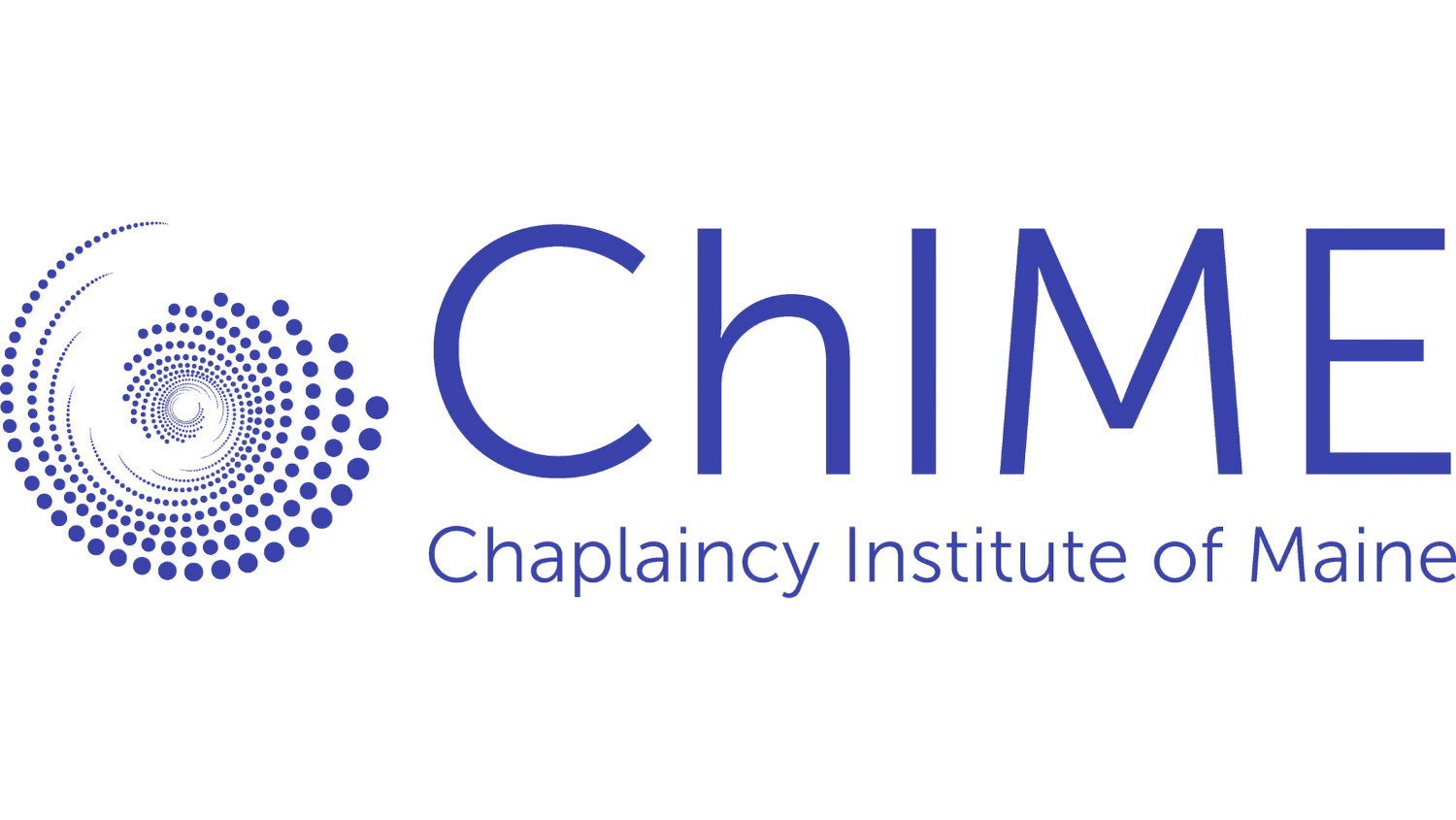By Joel Grossman,
This year Hanukkah, which is celebrated on the 25th of the Jewish month of Kislev, starts on December 22nd. It is always close to a new moon, and the solstice, so very near the darkest time of the year. Hanukkah, which means “dedication,” is celebrated by lighting one more candle each night for eight nights, increasing the light, night by night.
It is a celebration of the Maccabees, a priestly tribe, battle against Hellenic overseers in Israel, from 169-166 BCE. Antiochus, Hellenistic king of the Syrian branch of Alexander’s empire, forbade Jewish practices. Pagan practices were enacted at the Jewish Temple. Following the leadership of Mattathias, a Jewish priest, and his five sons, called the Maccabees. After three years of guerrilla warfare, they were victorious and recaptured the Temple. They celebrated their victory, on Kislev 25, the anniversary of when the Temple was defiled, at the Temple for eight days.
When the Maccabees first entered the Temple and looked for oil to rededicate the Temple, they only found enough oil to last one day, but, by a miracle, it lasted for the eight days of celebration.
Popular Hanukkah customs are the use of a menorah, a nine branch candelabrum, one branch for the candle for each night and one for lighting the other candles; giving children small gifts each of the eight nights; eating fried potato pancakes, called “latkes,” which celebrates the lasting oil; and playing with a “dreidl,” a spinning top, as a children’s gambling game.
R ev. Joel Grossman is one of the founders of the Chaplaincy Institute of Maine (ChIME), and was the Director of ChIME’s Massachusetts campus. He has been a hospice chaplain for over fifteen years. Joel has been a president of his local synagogue, Ahavas Achim, in Newburyport, MA, and has led Kabbalah and Jewish meditation sessions there. He is the leader of the “Spiritual Breakfast Club.”
ev. Joel Grossman is one of the founders of the Chaplaincy Institute of Maine (ChIME), and was the Director of ChIME’s Massachusetts campus. He has been a hospice chaplain for over fifteen years. Joel has been a president of his local synagogue, Ahavas Achim, in Newburyport, MA, and has led Kabbalah and Jewish meditation sessions there. He is the leader of the “Spiritual Breakfast Club.”
Image of menorah by Evgeni Tcherkasski


